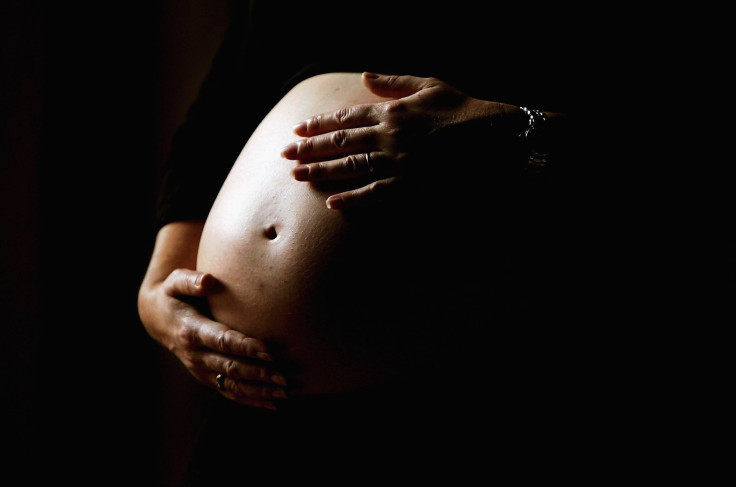Is Eating Human Placenta Postpartum Bad For You?

The placenta consumption trend made popular by Alicia Silverstone, January Jones and the Kardashians may not be worth the trouble. According to reports, eating placenta reportedly has no health benefits and could prove to be deadly.
"Medically speaking, the placenta is a waste product," Dr. Alex Farr, from the Medical University of Vienna, told Daily Mail Thursday. "Most mammals eat the placenta after birth, but we can only guess why they do so. After the placenta is genetically part of the newborn, eating the placenta borders on cannibalism."
The placenta, which develops during a pregnancy, is an organ that surrounds the fetus in the womb. It allows for the transfer of nutrients, blood, and waste. Eating placenta, or the afterbirth, is called placentophagy. The century-old practice is said to be considered as a "superfood" for its ability to aid in pregnancy recovery, a reduced risk of postpartum depression and increased energy, among other potential health benefits.
The placenta can be cooked or eaten raw in the delivery room, but the most common form of consumption is by way of an encapsulated pill. Kim Kardashian wrote about the practice in a blog post titled "Eating my Placenta."
"I heard so many stories when I was pregnant with North of moms who never ate their placenta with their first baby and then had postpartum depression," she said, according to Us Weekly. "When they took the pills with their second baby, they did not suffer from depression."
Kardashian added, "So I thought, why not try it? What do I have to lose?"
The Centers for Disease Control and Prevention (CDC) published a report in June that advised mothers to not eat their placenta following a new possible risk that had emerged from consuming it in pill form, like Kardashian. A newborn baby in Oregon had reportedly developed life-threatening blood poisoning, which was passed on by the mother's bacteria-contaminated placenta pills.
"Placenta ingestion has recently been promoted to postpartum women for its physical and psychological benefits, although scientific evidence to support this is lacking," the CDC reported in a news advisory.
There have also been reported risks associated with consuming placenta. The placenta, for one, could be contaminated because of the contents within it, including bacteria. The chances for contamination are reportedly high because the placenta works as a filter for the baby to transport dangerous things away from it. Such dangerous contents could still be present in the placenta following birth.
"The placenta can become infected, and the vagina isn't sterile either," Marra Francis, M.D., an ob-gyn in Woodlands, Texas, told Parents. "Women often defecate during labor, and there's even more bacteria in feces, which can contaminate the placenta during birth. Why would you want to risk introducing these infectious agents back into you?"
Some current studies, however, have reported that there are no known health benefits or risks placenta consumption for humans.
"[A] review of 10 current published research studies on placentophagy did not turn up any human or animal data to support the common claims that eating the placenta —either raw, cooked or encapsulated — offers protection," Northwestern University reported in 2015. "More concerning, there are no studies examining the risk of ingesting the placenta, called placentophagy, which acts as a filter to absorb and protect the developing fetus from toxins and pollutants."
© Copyright IBTimes 2025. All rights reserved.






















